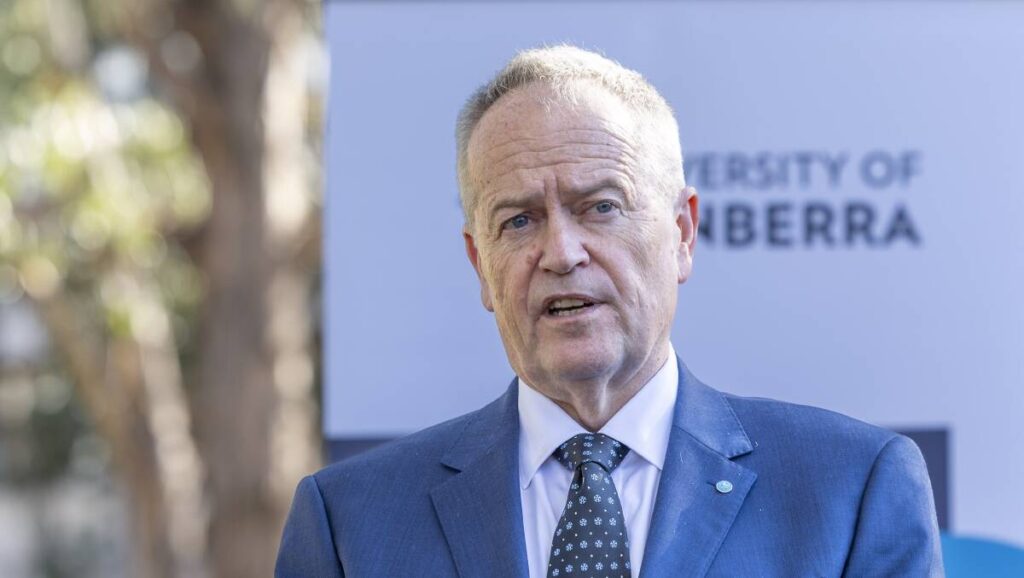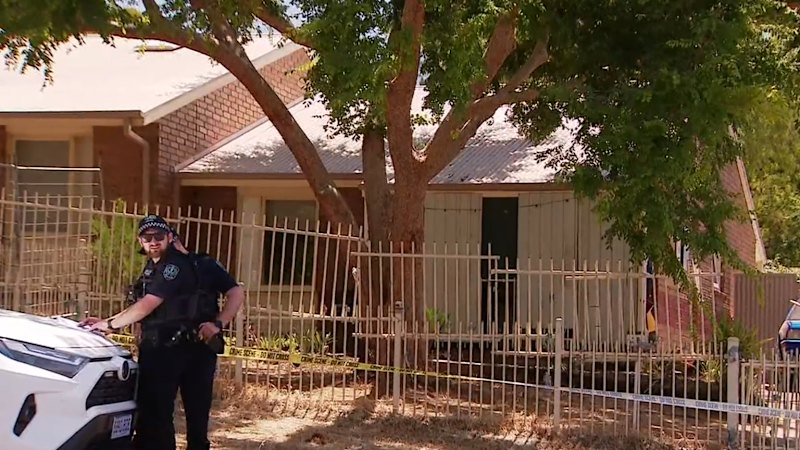
BREAKING: A landmark $475 million class action settlement for robodebt victims has been announced, marking a significant victory for hundreds of thousands of Australians wrongfully targeted by the controversial welfare scheme. This momentous decision is seen as a turning point in addressing the injustices inflicted on vulnerable citizens, with official reactions highlighting its importance and urgency.
The settlement, if approved by the Federal Court, will be the largest class action settlement in Australian history. It comes after extensive appeals by Gordon Legal, which uncovered new evidence during the royal commission into robodebt that senior public officials knowingly allowed the unlawful scheme to persist. This scheme relied on automated income averaging, issuing debt notices to welfare recipients, many of whom owed nothing.
Bill Shorten, Minister for Government Services, expressed that this settlement represents a “line in the sand,” emphasizing that it brings long-overdue recognition for those harmed. “While no court process can erase the pain inflicted, it does offer long-overdue recognition,” Shorten stated.
In a statement, Attorney-General Michelle Rowland reaffirmed the government’s commitment to addressing the significant harms caused by the previous Liberal government’s actions, stating, “Settling this claim is the just and fair thing to do.”
Public Service Minister Katy Gallagher echoed this sentiment, highlighting the Albanese government’s dedication to rectifying the damage suffered by robodebt victims. “We now know the ongoing harm that has happened to those people affected by robodebt, and we have sought to settle this legal matter,” she said, reinforcing the administration’s accountability.
The Australian Council of Social Service welcomed the financial resolution but cautioned that it does not equate to full justice. CEO Dr. Cassandra Goldie emphasized that while the settlement is a step forward, it fails to hold accountable those responsible for the suffering caused by robodebt. She called for the federal government to implement all 57 recommendations from the robodebt royal commission, advocating for reforms to protect citizens from future injustices.
The royal commission’s final report condemned robodebt as “a crude and cruel mechanism, neither fair nor legal,” revealing that the total cost of the scandal has surpassed $2 billion, factoring in forgiven debts, compensation, and legal fees.
As this urgent story develops, the implications of the settlement will resonate across Australia. Victims and advocates are hopeful that the recognition and compensation will pave the way for systemic reforms.
For now, the focus shifts to the Federal Court’s upcoming decision on the settlement’s approval. The aftermath of the robodebt scandal serves as a critical reminder of the need for ethical governance and the protection of human rights in administrative processes. As Shorten warned, “Governments of all persuasions must commit to never again outsourcing morality to machines or allowing administrative convenience to override human rights.”
Stay tuned for further updates on this significant legal resolution and its impact on Australian society.






